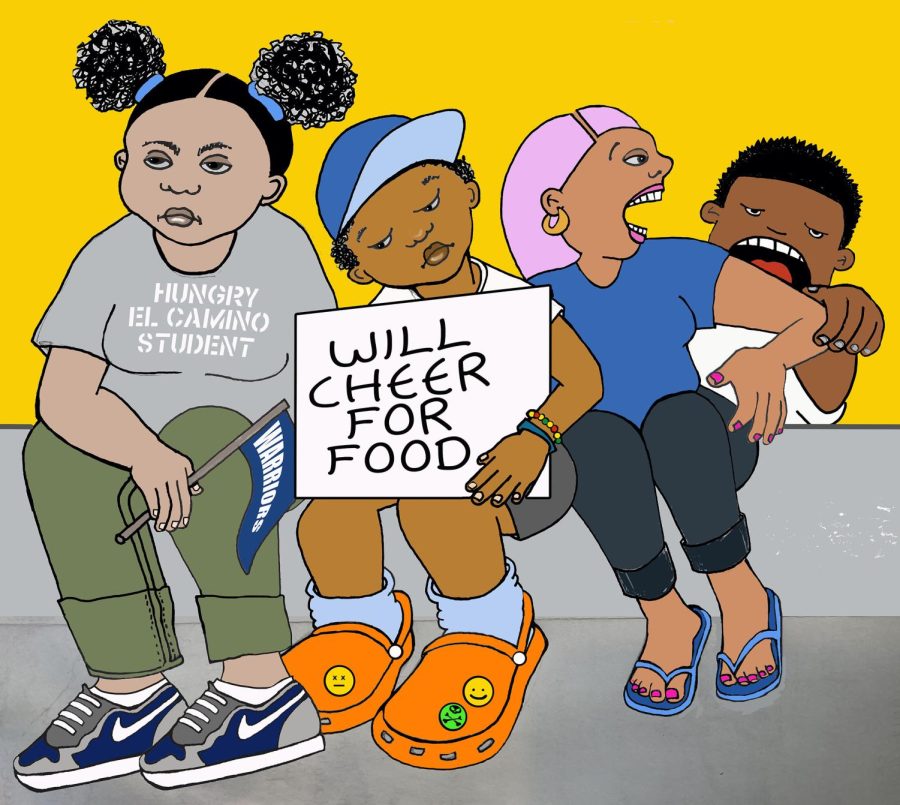While the sight of students walking to and from class with headphones in their ears may not be surprising, the fact that the songs blaring from those headphones have been illegally downloaded may be.
Occasionally students use a legal program like iTunes and pay for downloads, but the majority of students illegally download their music from file-sharing programs such as Bittorrent and LimeWire.
“Bittorrent has revolutionized the way I get music. I can download a band’s entire discography in less than two hours,” Matt Mikolajczy, undeclared sophomore, said. “I don’t pay a dime!”
Many students share Mikolajczyk’s view toward illegal downloads, saying that record labels are charging too much for music.
“I do believe that if you download music and really like it, you should support the band by going to their concert or buying their merchandise,” Mikolajczyk said.
But because artists do not see any proceeds from pirated music, students face an ethical problem when illegally downloading music. Ethically, Michael Martinez, a film major, cannot pirate music because he believes the band deserves money from the art they produce.
“If a band like Radiohead wants to give their music away for free, then I’ll take it,” Martinez said. “But I’m not going to steal (music) from a band that worked hard on it.”
The moral dilemma of illegally downloading music is easier for some to solve than others.
“If a band is more concerned with how much money they’re getting from an album and not how many people are listening to it, then they’re in the wrong profession,” said Joey Centofanti, undeclared student.
Students who download music illegally have many reasons for why they believe it is justified, which is indicative of human nature,ethics professor Randy Firestone said.
“People are incredibly good at rationalizing behavior that is in their own best interest, even when that behavior is bad or immoral,” Firestone said.
While students’ pockets are seeing the benefits of illegally downloading music, record companies are not.
Business has been down every year since Napster, the original file-sharing program, surfaced in 1999.
Also, in 2004 two of the five major labels were forced to merge due to record losses.
But some students see this fate as one that is deserved by the major record labels because of the high prices they have been putting on their music.
“I don’t know if it’s right or wrong to pirate music,” Mikolajczyk said. “What I do know is that charging $20 for a CD is wrong.”




